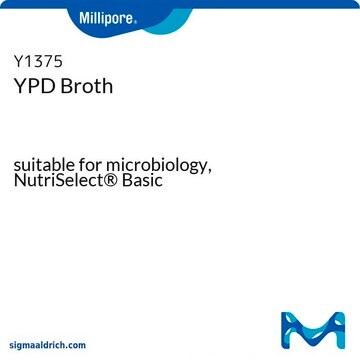07-817
Anti-phospho-Glycogen Synthase(Ser641/Ser645) Antibody
Upstate®, from rabbit
Sinónimos:
Glycogen synthase 1, GYS1, GS
About This Item
Productos recomendados
biological source
rabbit
Quality Level
antibody form
affinity purified immunoglobulin
antibody product type
primary antibodies
clone
polyclonal
purified by
affinity chromatography
species reactivity
human, mouse
manufacturer/tradename
Upstate®
technique(s)
western blot: suitable
isotype
IgG
NCBI accession no.
UniProt accession no.
shipped in
dry ice
target post-translational modification
phosphorylation (pSer641/pSer645)
Gene Information
human ... GYS1(2997)
Specificity
Immunogen
Application
Insulin/Energy Signaling
PI3K, Akt, & mTOR Signaling
Quality
Target description
Physical form
Legal Information
¿No encuentra el producto adecuado?
Pruebe nuestro Herramienta de selección de productos.
Storage Class
12 - Non Combustible Liquids
wgk_germany
WGK 2
flash_point_f
Not applicable
flash_point_c
Not applicable
Certificados de análisis (COA)
Busque Certificados de análisis (COA) introduciendo el número de lote del producto. Los números de lote se encuentran en la etiqueta del producto después de las palabras «Lot» o «Batch»
¿Ya tiene este producto?
Encuentre la documentación para los productos que ha comprado recientemente en la Biblioteca de documentos.
Artículos
An article concerning the detection, identification, differentiation, and cultivation of Pseudomonas species.
Nuestro equipo de científicos tiene experiencia en todas las áreas de investigación: Ciencias de la vida, Ciencia de los materiales, Síntesis química, Cromatografía, Analítica y muchas otras.
Póngase en contacto con el Servicio técnico







